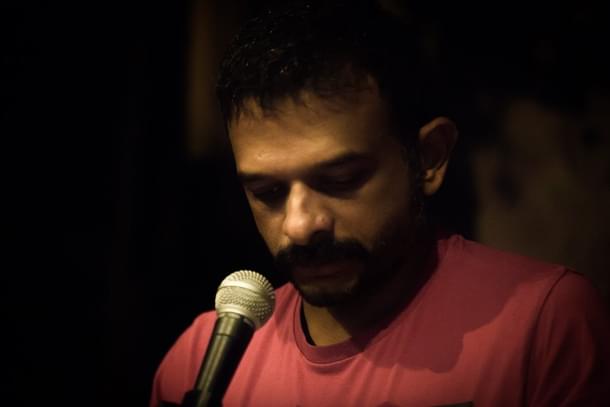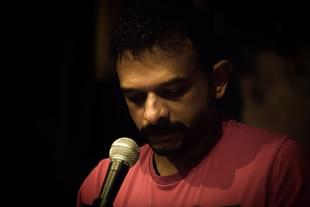Culture
Why The Music Academy Must Take A Conscience Call And Focus On Reform And Transparency
Bala Shankar
Apr 11, 2024, 04:55 PM | Updated 05:00 PM IST
Save & read from anywhere!
Bookmark stories for easy access on any device or the Swarajya app.


The term ‘manodharma’ in Carnatic music popularly refers to the concept of singing ‘of free will, by own rules’.
However, such rules are to be bound by a web of unwritten codes — conformity to raga contours, usages, avoidances as well as other do’s and don’ts that are unspecified but understood and practised — they are not optional but mandatory and almost biblical.
Extending this concept to the overall conduct of artistes, teachers and institutions, it follows that while ‘free will’ is allowed, it is to be within leash. One can deliberate the current controversy of an award through this prism. The key would be the ‘dharmic’ underpinning.
Artistes including T M Krishna and institutions, including the Music Academy can exercise free will in their conduct, while at the same time subscribing to certain norms — most of which are unwritten. The responsibility for drawing such ‘rekha’ is left to the person or the institution.
For example, there is no rule around personal conduct of artistes. Yet, institutions suo-motu chose to stop performing rights for alleged offenders when the ‘me too’ movement struck.
The Music Academy led the way and it was lauded silently by the majority of the fraternity. Even the claim of the accused that this was an ex-parte trial was ignored.
The move was hailed as a welcome retribution invoking the principle of affront to ‘public dharma’. The Sangita Kalanidhi award to Krishna should have been weighed by a similar scale of propriety, justice and dharma. That seems to be the increasingly popular sentiment.
There have been some official stand-offs but if a secret ballot is taken among artistes and listeners, the results would embarrass many. The more hallowed you are, the higher likelihood that you are compared to Caesar’s wife. The question will lead to the ‘dharmic’ undertone as in manodharma. Even self-regulation is subject to scrutiny.
It can be easily argued that it’s the prerogative of an institution to decide awardees. That is a cliche. Around the same time as this issue erupted, the country’s top court came out with a landmark judgement, lifting the ‘veil of secrecy’ and putting ‘right-to-information’ on the top pedestal of citizenry rights.
I am not a student of law, but the parallels are interesting, even if there is some difference between public laws and private decisions.
Just as a democracy is supposed to take its people into confidence and share information, a fraternity consisting of over 1,000 active musicians, scores of teachers and millions of followers would perhaps clamour a similar thing.
The award is therefore not merely a private matter among a small group of people, even if it recognised that the granter is a private organisation and the veil of secrecy cannot be pierced. Not if a ‘dharmic’ coat is applied on top.
In fact, if it emerges that the pros and cons were well debated, it will even let the objections fade quickly. After all, even the judiciary has offered itself to be subject to public scrutiny with the telecast of trials, including in the case referred above.
What’s next for the Music Academy and other institutions — heed the conscience call for more reform and transparency. Many of the sabhas, largely the fiefdom of a few individuals, have lagged behind in meaningful reform, especially on public accountability.
They are no doubt private, but the industry is now much bigger, and the world is craving for more information. Institutions, and indeed governments, are subject to challenges.
In the accounting domain, all firms and companies are expected to adopt something called GAAP (generally accepted accounting principles) and most do voluntarily. That rules out any grain of doubt or mistrust.
There are several templates for choosing awards from many other fields including films and globally recognised awards which are rarely challenged. As for individual artistes, the essence of manodharma in everything they do, including their utterances and crusades, is worth another reminder.
After all, they are privileged to pursue and excel in this glorious art that doesn’t ask for anything else in return. Inclusiveness, for instance, is a noble idea, but can be won by noble means too.
The lives of reformers like Dr Muthulakshmi Reddy, who broke the glass ceiling for women and fought for gender equality through such means nearly a century ago, are inspirations in our backyard.





